Grainfather 40L Sparge Water Heater. Spitting Feathers

Heating Sparge Water for the bigbrew. We certainly couldn't have asked
Here are a couple of tips to help increase batch sparge efficiency: Mix it up. After adding your sparge water to your mash/lauter tun, stir it well to mix up the grain bed and help extract those delicious sugars. Let it sit for a few minutes before proceeding with your vorlauf and runoff. Adjust your grain crush.

What Temperature Should Your Sparge Water Be?
When it comes to sparge water temperature, the general consensus is to maintain a range between 168-170°F (76-77°C) throughout the wort collection. This temperature contributes to improved lautering, as sugary solutions are less viscous at higher temperatures, allowing for easier separation from the grains.
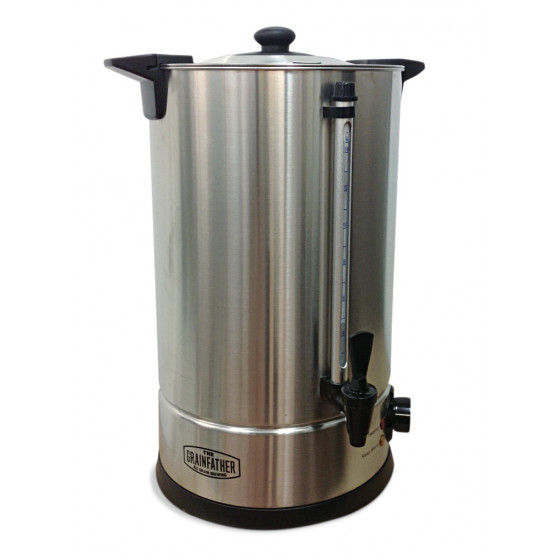
Grainfather Sparge Water Heater (NZ/AU 18L) Grainfather League of
Suppose a homebrewer plans to brew a batch of beer using 10 pounds of grains, with a grain absorption rate of 0.1 qt/lb, a sparge water temperature of 170 °F, a boil time of 60 minutes, and a boil-off rate of 1 gallon per hour. In that case, the "Sparge Water Calculator" will determine that they need 3.7 gallons of sparge water.
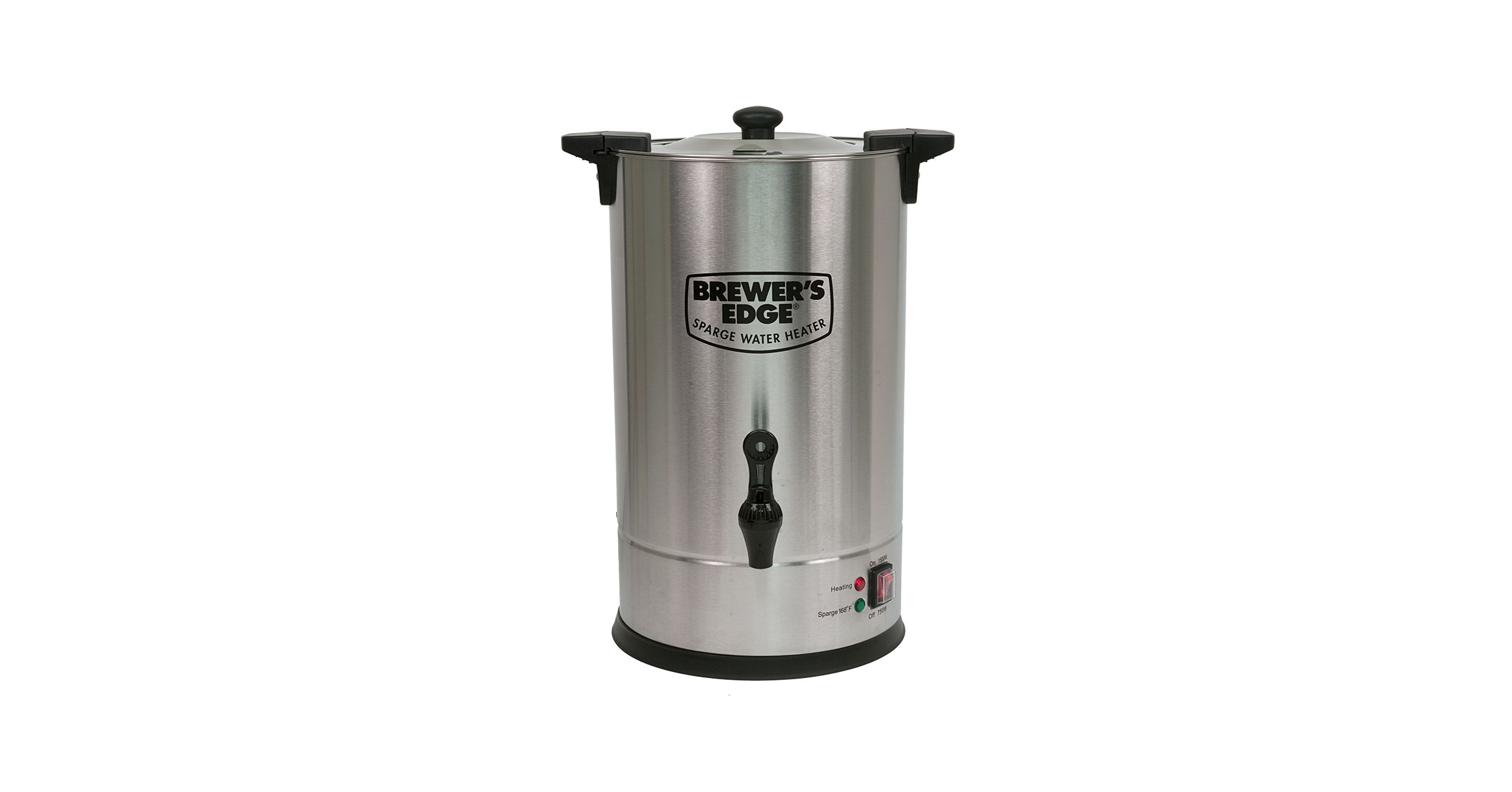
Brewer’s Edge® Sparge Water Heater 129.99, Save 20 at William’s
Step 1 - The Mashout. This is when you raise your mash to 170 degrees Fahrenheit or 77 Celcius. The reason for this temperature is that both stops the enzymatic conversion of starches to fermentable sugars, and makes the mash and wort more fluid and thus easier to sparge. To set this up, one pours the heated water into the mash tun.
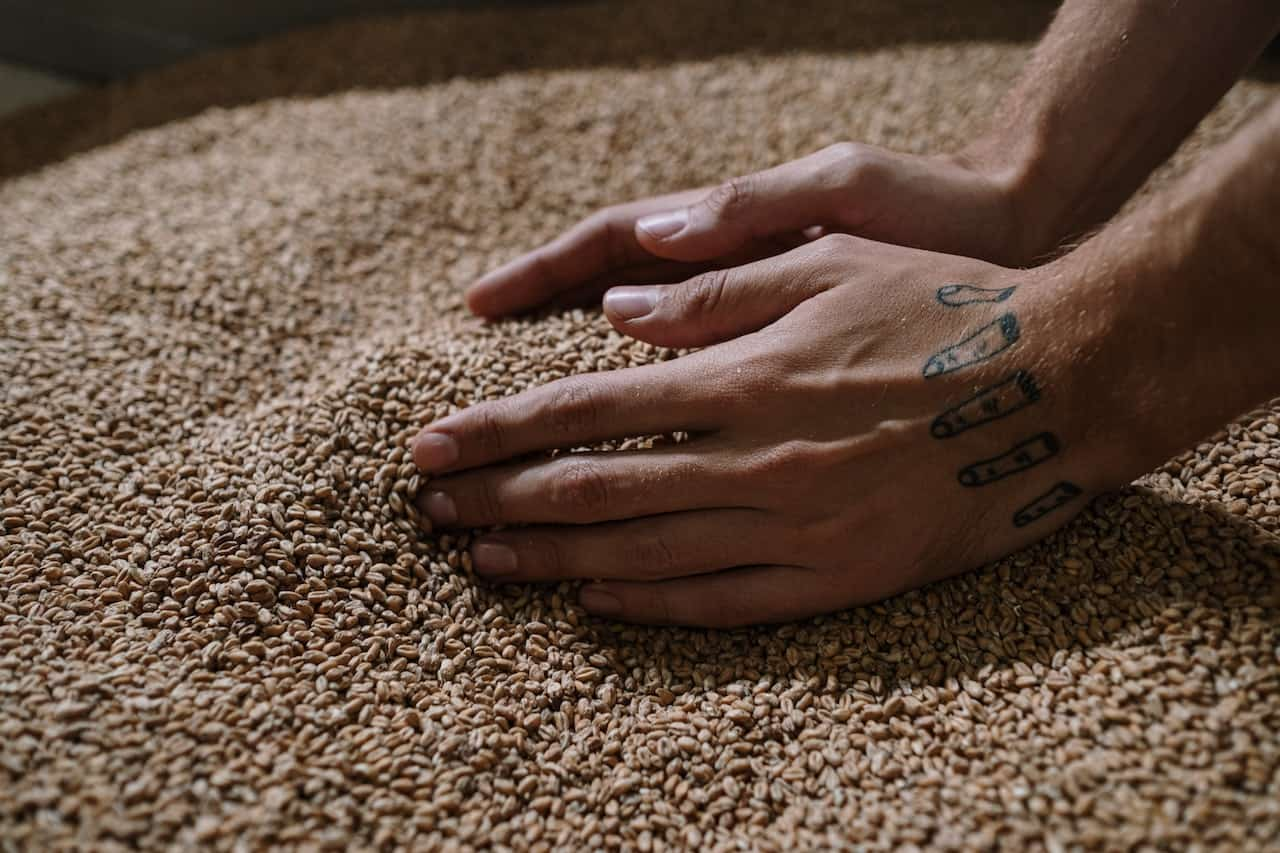
How to Batch Sparge Beer Snobs
Typically, 1.5 times as much water is used for sparging as for mashing (e.g., 8 lbs. malt at 2 qt./lb. = 4 gallon mash, so 6 gallons of sparge water). The temperature of the sparge water is important. The water should be no more than 170°F, as husk tannins become more soluble above this temperature, depending on wort pH.

unnamed ProSonix
The sparge water temperature is held down only because, as the sparge progresses, the mash temperature will slowly rise to the water temperature. Some brewers begin sparging with very hot water — say 185 °F (85 °C) — to raise the mash temperature quickly. This is an alternative to the mash-out step if you do single-infusion mashes in a.

Sparge water and its temperature for homebrew YouTube
The standard temperature for sparge water for homebrew is between 168-170° F (76° C). Brewing with sparge at a higher temperature can lead to higher levels of tannins in the beer, causing it to have a bitter taste.

Fly Sparge Water Temperature Test YouTube
The optimal temperature for sparge water is usually between 168°F and 175°F (76°C to 84°C). This allows the correct amount of sugar extraction from the grains and also reduces tannin extraction. Ultimately, the temperature of the sparge water will depend on the type of grains used, so make sure to do your research and acquire accurate.

Questions and request for inspiration for DIY HERMS(ish) system
Mash Out Water Volume Formula: WV = (TT - CT)(.2GW + CWV)/(210 - TT) AWV= Added Water Volume (Boiling, but you will lose a degree or two, so we adjusted to 210 in the formula) TT = Target Temperature of the Mash; Current Temperature of the Mash; GW = Grain Weight (lbs) CWV = Current Water Volume (Water you have already added to the mash)
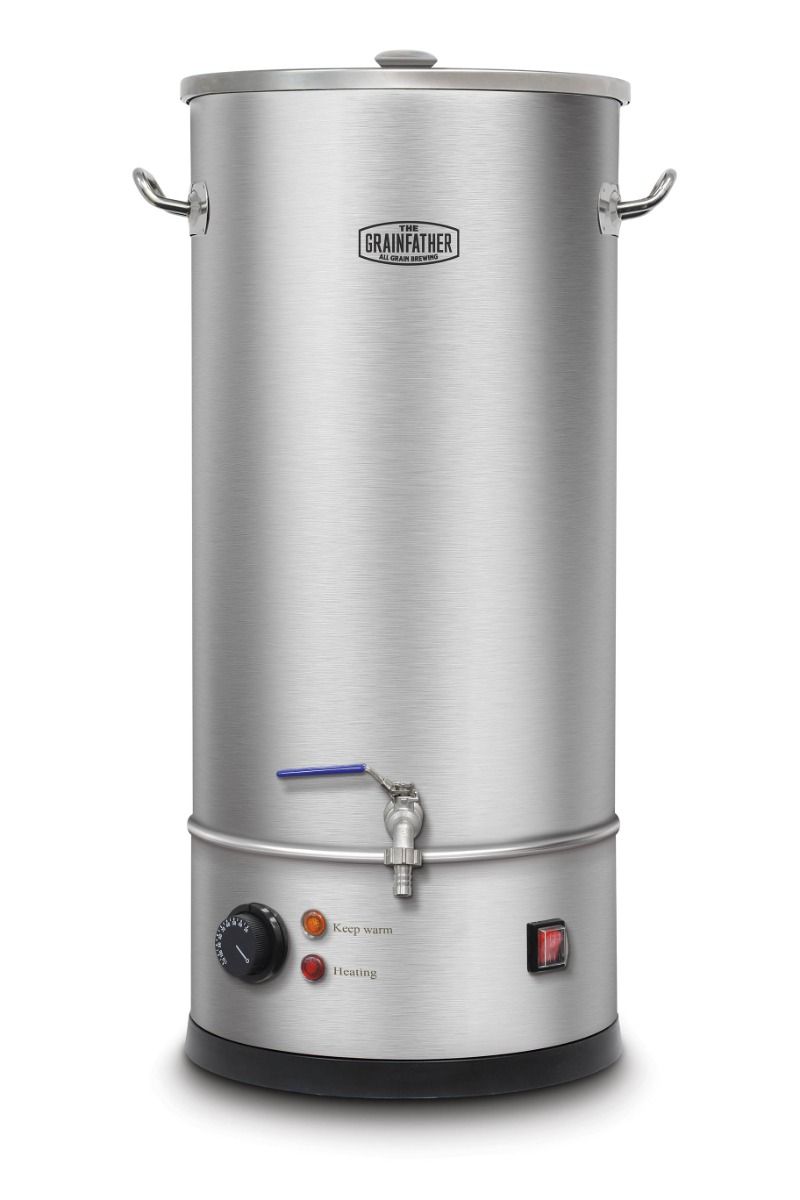
Grainfather 40L Sparge Water Heater. Spitting Feathers
If the sparge water is also warm, it will certainly liquify not just sugars, however additionally tannins from the grain husks. When sparging is gone over in the homebrewing literary works, the ideal temperature level of sparge water is inevitably offered as 168-- 170 ° F (76-- 77 ° C). If your sparge water is 168-- 170 ° F (76-- 77 ° C) in.
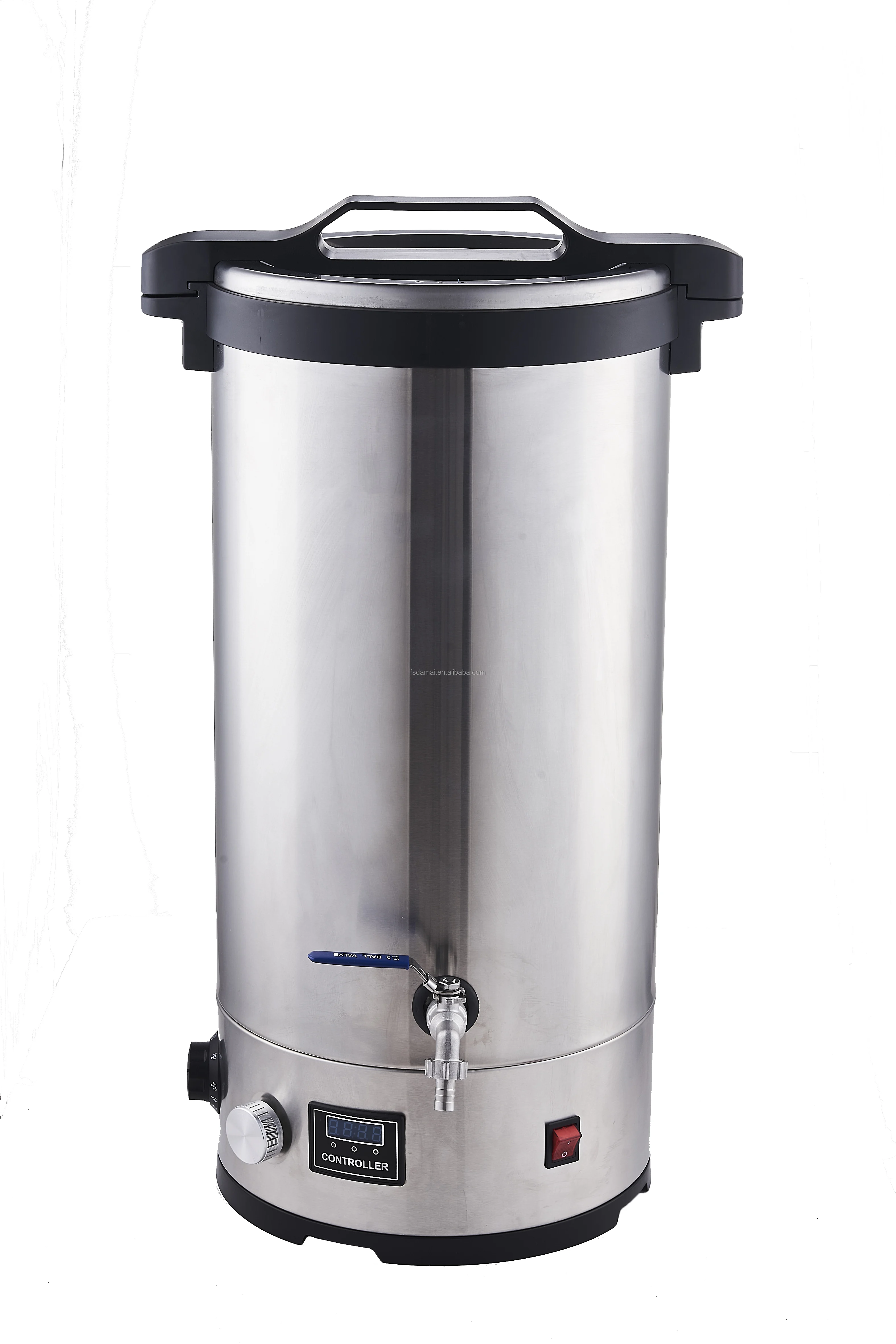
Luxury Design 30l Led Style Temperature Control Sparge Water Heater Hot
From a thermodynamics perspective, it's true that sparging with cool water does actually conserve a slight amount of energy compared to sparging with warmer water. However, the tradeoff is time, as the cool sparge method leads to an ultimately cooler volume of wort in the kettle, which takes longer to bring to a boil.
Le Birre del Giò Nuovo sistema di fly sparge
Your sparge water should be heated so that your grain bed remains at 168-170 °F (76-77 °C). A little over in the early stages of sparging doesn't hurt. In all-grain brewing, after the grains are mashed, the wort is run off to the kettle. To ensure that as much of the sugar is recovered from the grain bed as possible, it is rinsed with.

BrewingMellowOgre0003 Checking the sparge water temperatu… Flickr
Follow us: Mash Water & Sparge Water Calculator for homebrewing. Calculate the Mash & Sparge Water for your homebrew. Type in your Variables and Constants to calculate the Sparge Water for your brewday. Variables.
Dilution of Sparge Water and Adding Acid (Brunwater) Homebrewing
Use this sparge and strike water calculator to determine how much sparge water will be necessary to rinse your mash and get you to the proper pre-boil volume. Out of all our calculators this is hands down the most used. If you constantly brew different beers like us, this calculator is your best friend. Each new batch of beer has different.

Quelle température pour l'eau de sparge?
Bear with me while I explain how commercial brewers normally mash out and sparge. Most commercial brewers use stirred mash mixers for mashing and raise the mash temperature to about 168 °F (76 °C) before pumping the mash to the lauter tun. When sparging ensues, the water temperature is normally controlled to about 168 °F (76 °C).
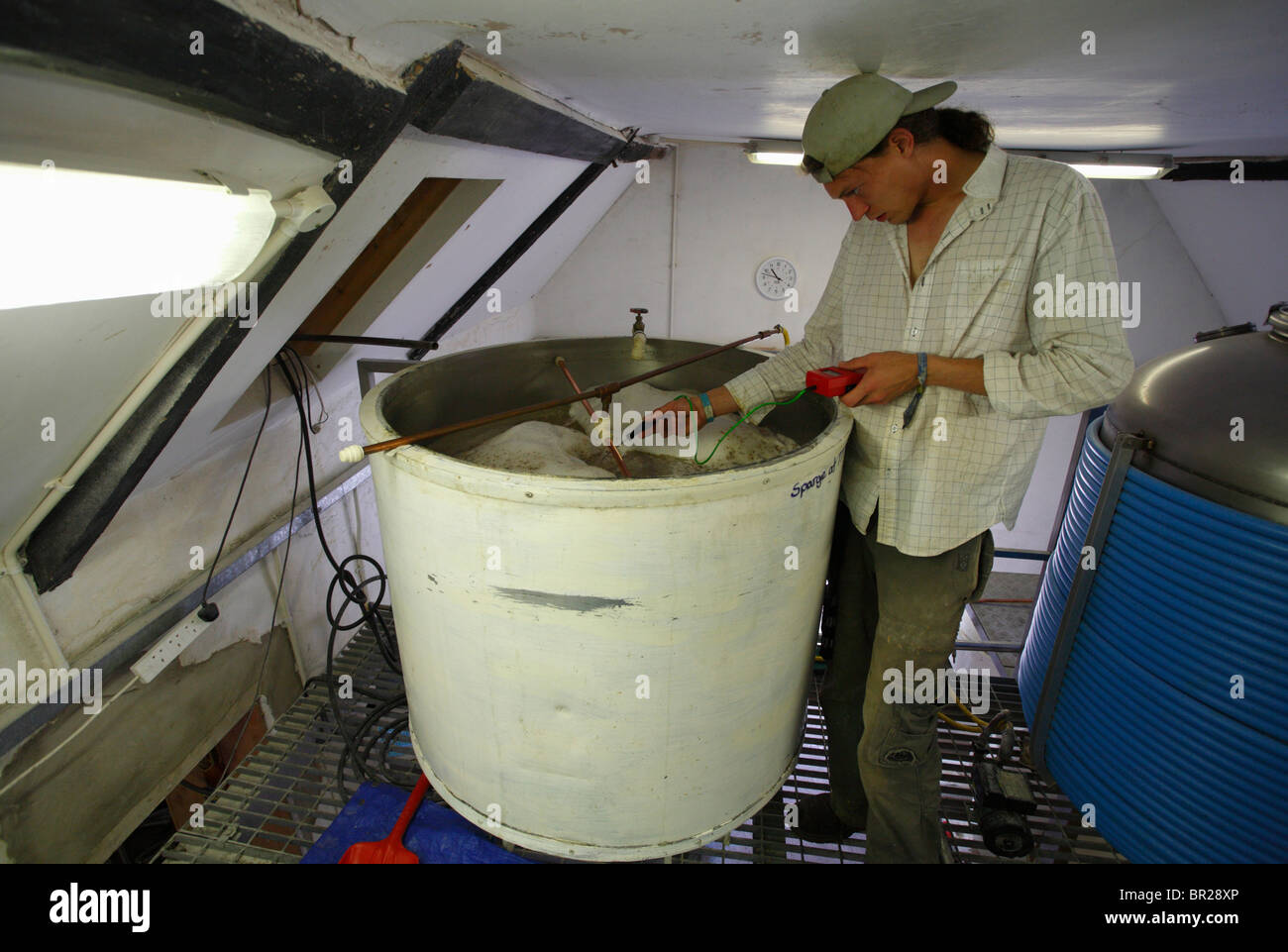
A brewer testing the water temperature at the sparge arm during
To continuous sparge a typical mash can take 60 to 90 minutes and during this time you must maintain the temperature of your sparge water in the 75 - 80 Celsius range to remove all converted sugars.. High water temperatures and an increase in grain bed pH can spell doom for your beer even before you begin your boil.